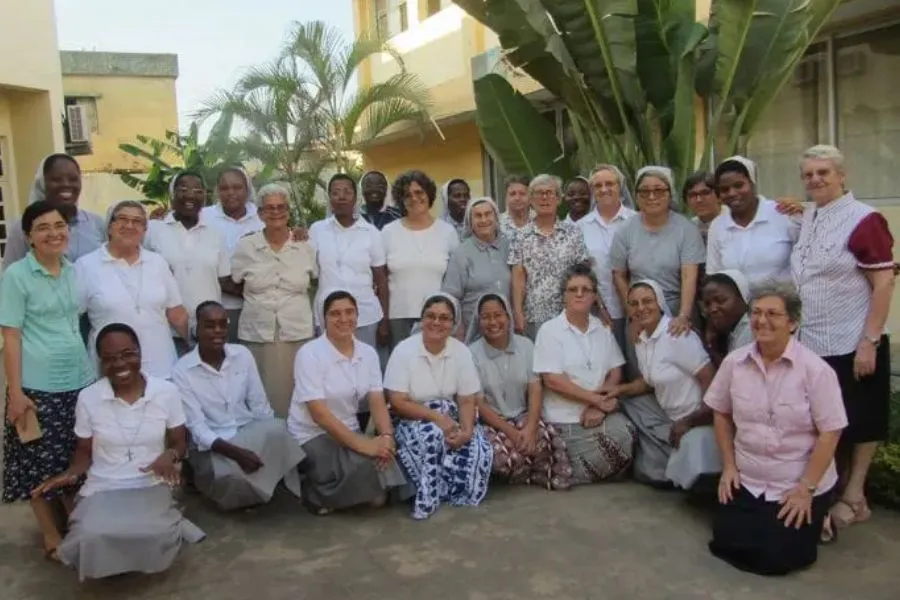Cabinda, 21 October, 2023 / 9:45 pm (ACI Africa).
Members of the Daughters of Mary Help of Christians (FMA), also called Salesian Sisters of Don Bosco, have underscored their commitment to evangelize by facilitating formal education in Angola as they celebrate four decades of service in the Southern African nation.
Speaking after her canonical visit to FMA communities in the Catholic Diocese of Cabinda as part of the planned activities to mark the 40th anniversary of the Congregation members’ service in Angola, the FMA Provincial Superior said education is what defines their reason of existence.
“It is not just about teaching, but education, as we prefer to call it, that is the characteristic of our charism, and identity; we exist to educate and evangelize, and to evangelize by educating,” Sr. Natália Miguel said on Wednesday, October 18.
Sr. Miguel added, “Everything we do, whether in formal education, we talk about schools, professional education, etc., or in formal or non-formal education, we have Salesian professional education, free time education, youth centers, sports, we call it oratory, occupation of children in free time is our form of non-formal education.”
“We prepare for it; we demand it and all our time is dedicated to it. We can't see a child, teenager or young person idle. It is the action of the Spirit who continues to accompany the whole Church in this growth and we are happy because we have managed to do good to many people and we are going to do more,” the FMA Provincial Superior said.








